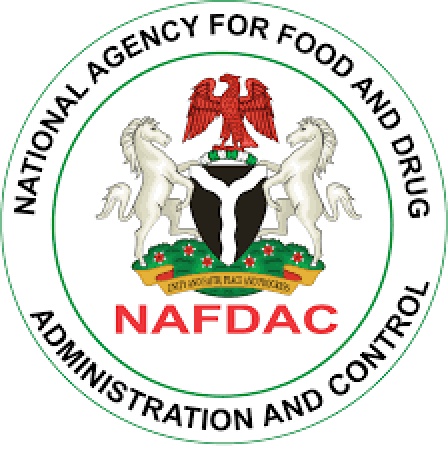

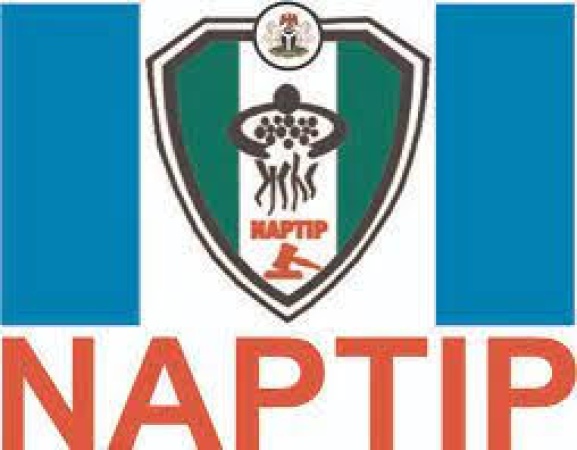


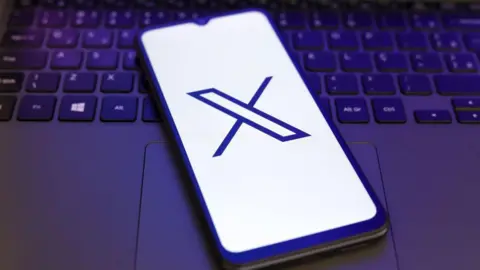


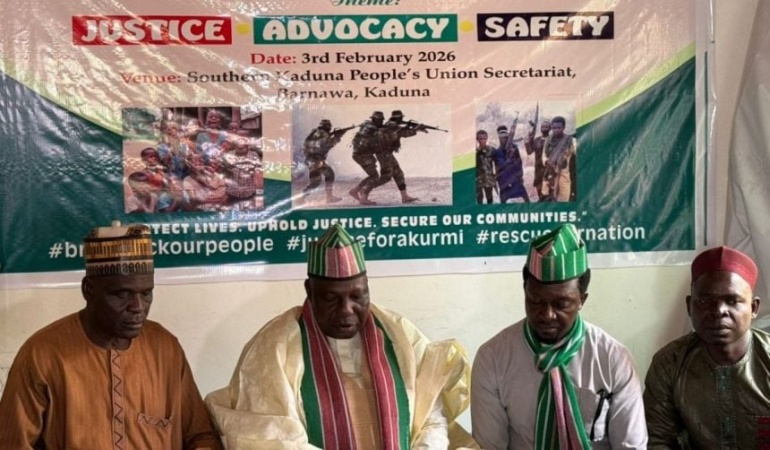



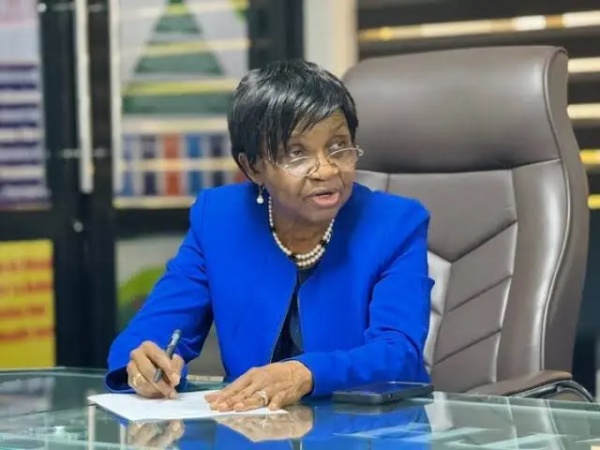
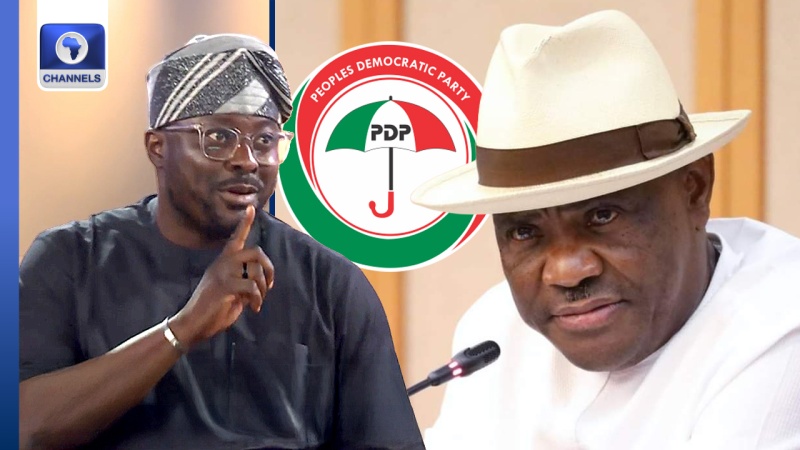

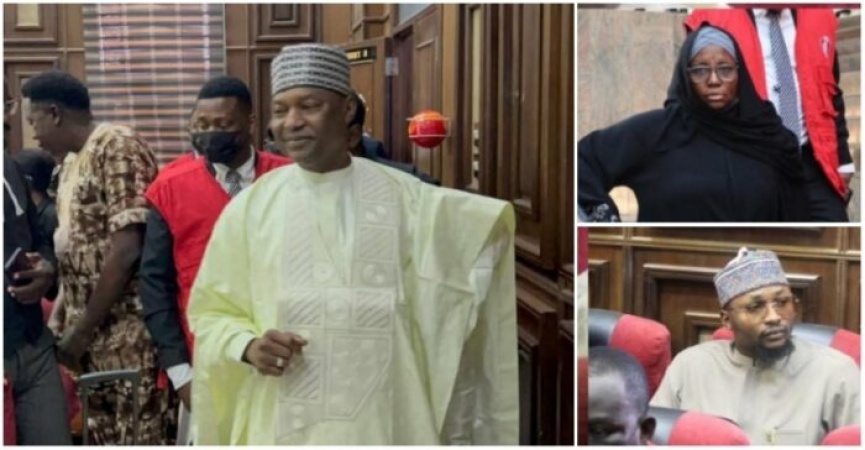
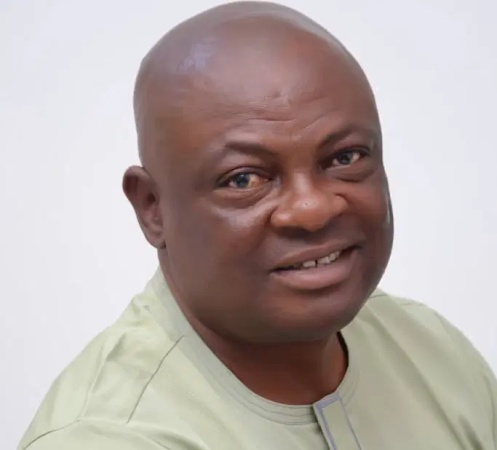
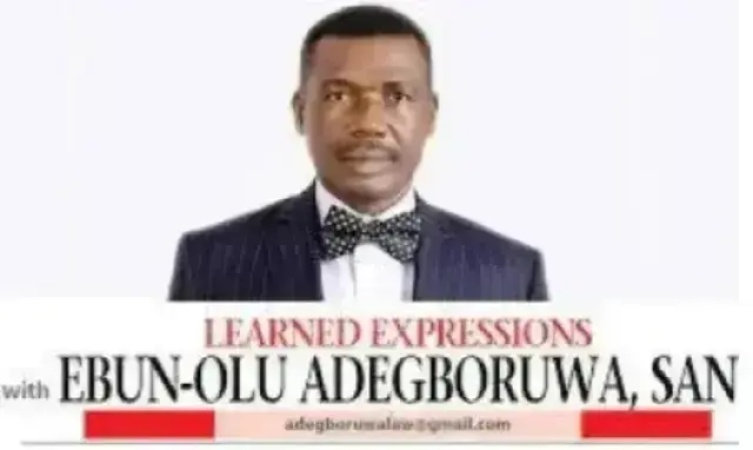
.webp&w=256&q=75)
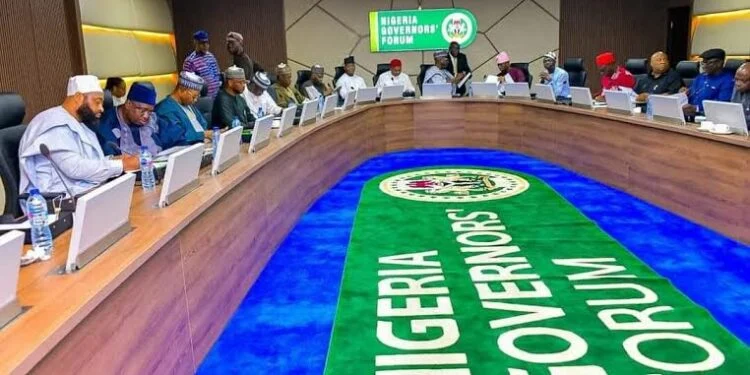
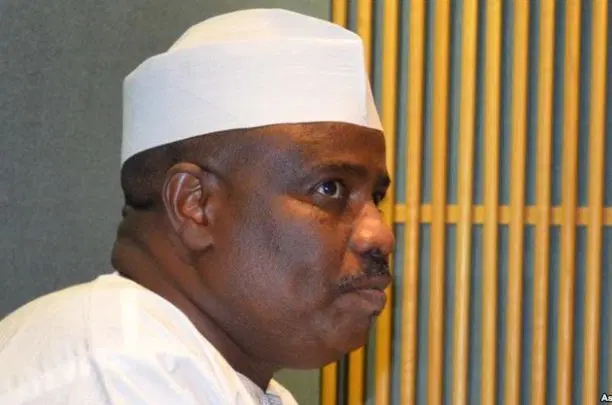





Loading banners


NEWS EXPRESS is Nigeria’s leading online newspaper. Published by Africa’s international award-winning journalist, Mr. Isaac Umunna, NEWS EXPRESS is Nigeria’s first truly professional online daily newspaper. It is published from Lagos, Nigeria’s economic and media hub, and has a provision for occasional special print editions. Thanks to our vast network of sources and dedicated team of professional journalists and contributors spread across Nigeria and overseas, NEWS EXPRESS has become synonymous with newsbreaks and exclusive stories from around the world.

File photo of USSD bank transaction alert
Since June 18, 2025, when telecom operators started deducting charges for Unstructured Supplementary Service Data (USSD) transactions directly from customers? airtime, bank customers have been complaining about charges on failed transactions via the USSD service.
The migration from the previous model where banks deduct the charges to end-user billing follows the Determination of USSD Pricing and Services issued by the Nigerian Communications Commission (NCC), which was developed in collaboration with the Central Bank of Nigeria (CBN) and other key stakeholders.
This new model was adopted to put an end to the long impasse between banks and telcos over USSD debt as the former often failed to remit to the latter after deducting from customers? accounts.
But this has compounded the problem of bank customers using the service.
Mutmainnah Ajisafe, a primary school teacher in Lagos, had tried to transfer N10,000 to her daughter in the university via a first generation bank?s USSD code, but the transaction failed midway three times, yet N20.94k was deducted from her airtime. She lost N6.98k on each attempt without getting the transaction done.
Mutmainnah?s story was one among many cases of bank customers getting failed transactions via the USSD service since June 18.
Like Mutmainnah, Ajose Emmanuel, a commercial motorcyclist popularly known as Okada rider, once had issues transferring money via USSD service.
Ajose was in Lagos traffic at the Ikotun Roundabout in the Alimosho Local Government Area when he got a call that his mother in the village in the Ipokia area of Ogun State was seriously sick.
She needed a blood transfusion to survive. Ajose said he was destabilized as he had only N15,000 in his account.
Then he told his relative to supply the hospital?s account number where he could make the transfer. As Ajose didn?t have a smartphone or operate internet banking, he settled for the USSD.
He dialed the code and he was prompted to continue the service. After typing the amount, and then his pin, it rolled for a few seconds and failed. His airtime was deducted; N6.98k gone, but no service rendered.
He thought it was a network. He tried for the second time. Same thing happened: no service rendered, and N6.98k deducted by his mobile operator again. Frustrated, he went to a Point of Service (POS) agent to wire the money.
Complaints like these are common among USSD users across the country even as telecom operators and banks turn a blind eye. Frustrated, some of those who shared their experiences with this reporter vowed not to use USSD again. They said telecom operators are ripping them off while nothing is done by the government to address it.
More worrisome to Mutmainnah and other frustrated bank customers is that neither the banks nor the telecom operators are ready to take the blame, leaving the customers to bear their losses in silence.
Daily Trust reports that the number of active bank accounts in Nigeria jumped to 219.6 million in March 2024, which means those using the USSD service run into millions.
For instance, First Bank of Nigeria Limited stated that it?s quick banking service, *894# USSD, has hit over 9.5 million customers.
Telcos, banks trade blame
Sources in the banking industry told Daily Trust that telcos should be held responsible for deductions on failed USSD transactions. But the Chairman of the Association of Licensed Telecommunications Operators of Nigeria (ALTON) Engr. Gbenga Adebayo, said the operators could not be blamed for failed USSD transactions as they deliver their part of the service at every point of a USSD transaction.
According to him, the telecom operators are like the vehicles taking the bank customers to their bank, whether they get money from the bank or not is not the fault of the telcos.
?Operators deliver you to the infrastructure of the bank, we have no control over what happens there.
?You know, sometimes, just like the ATM where you don?t have money, sometimes when you interact with the bank, the server is resetting, it?s taking signals from somewhere, and you can?t blame the operator for that incomplete service,? Adebayo said in Lagos.
Suggesting that the banks should be blamed, Adebayo used an analogy to explain his point:
?I?ll give you an example. I went to the bank to collect my debit card. My driver took me to the bank. After I collected the debit card, they said I can go downstairs to the ATM machine to go and use it.
?I went in. There were seven machines there. The first one, no money. The second one, no money. So, I went back upstairs and I said to them, this thing is not working.
?So, they checked it and said the card is working, the ATM has no money. I can?t blame my driver for it. He took me to the bank.?
Speaking with Daily Trust, President of the National Association of Telecommunications Consumers of Nigeria (NATCOMS), Chief Deolu Ogunbanjo said: ?USSD is a critical channel leveraged primarily by the financially excluded, vulnerable and critical mass.
?The CBN and the NCC should ensure that complaints of customers as related to failed transactions and charges deductions thereof for USSD are resolved in the interest of the customers, financial system and overall economy.?
But Ogunbanjo said Nigerian telecom subscribers should sue the banks for failed USSD transactions.
CBN data shows that Nigerians processed 515 million USSD transactions last year, and this is why some experts said its growing popularity is for good reason. It serves both the financially underserved and served, they said.
Serving the underserved means more people can enter the financial system if they own a mobile phone. The number of smartphones in Nigeria is estimated to be around 25-40 million. The number of BVNs that exist alone leaves at least 20 million people in the banking sector who don?t have a smartphone.
Even those with smartphones find USSD an easy way to quickly access banking transactions. Ogunbanjo holds that simplicity and hitch free transactions are key to the success of USSD in banking.
?It?s an easy way to get things done. It can be done on any phone as long as you have a valid sim, it doesn?t require an internet connection, and most importantly, it?s very simple, and you can?t build complicated flows or features even if you tried,? said Ogunbanjo.
End User Billing (EUB) Policy for USSD Banking Transactions in Nigeria
According to the Nigerian Communications Commission (NCC), the End User Billing (EUB) policy for USSD banking in Nigeria is an important change in how customers are charged for transactions. It emerged as a consensus option between banking and telecommunications services sectors and their respective regulators (the Central Bank of Nigeria and the Nigerian Communications Commission) to address challenges around the seamless provision of USSD services. It is also designed to enhance customer experience and transparency.
Before the new policy, when you use USSD for any transaction, you pay through your airtime. But when you use it for banking transactions, most banks deduct the charge from your bank account. This means that you are not in control of your spending, and you pay whatever you are charged.
But with the EUB, now you get to pay for USSD with your airtime like you do on other transactions via your mobile phone.
Measures in place to protect customers
Under both CBN and NCC regulations, banks and telecom operators are required to notify customers in the event that their banking or USSD services experience downtime.
Under the EUB model, customers should not be double-billed for the same transaction. To ensure this, the CBN and NCC have put in place several safeguards. These include the following:
Clear rules of engagement: The CBN has directed that your bank must not charge you for the USSD transaction when you are on EUB. Only the MNO can charge you, in the same way they do for your voice, SMS and data transactions. NCC has since directed that MNOs must provide you with an end-of-activity notification telling you exactly what you have been charged. If you are charged for USSD by your bank, please report immediately to the CBN via phone at +234-70-0225-5226 or email at contactcbn@cbn.gov.ng.
Regulatory Oversight: The CBN and NCC are actively overseeing the transition to ensure compliance with these billing rules. Non-compliance by banks or telecom operators could lead to regulatory sanctions, reinforcing the commitment to prevent double billing and protect consumer interests.
Transparency in Communication: Banks and telcos are expected to communicate clearly with consumers regarding the new fee structure, ensuring that users understand they will only be charged once per transaction. (Daily Trust)